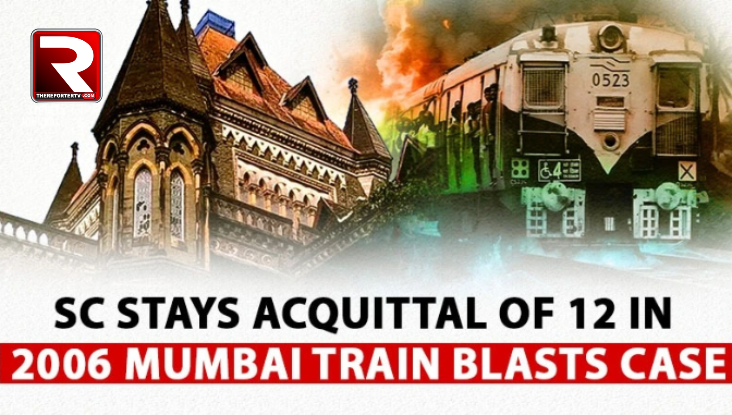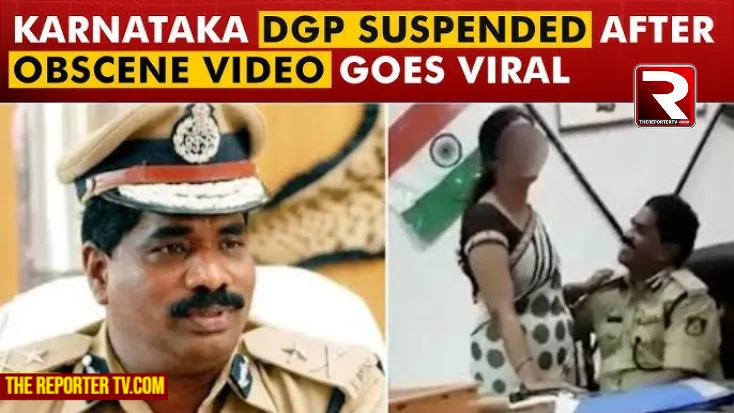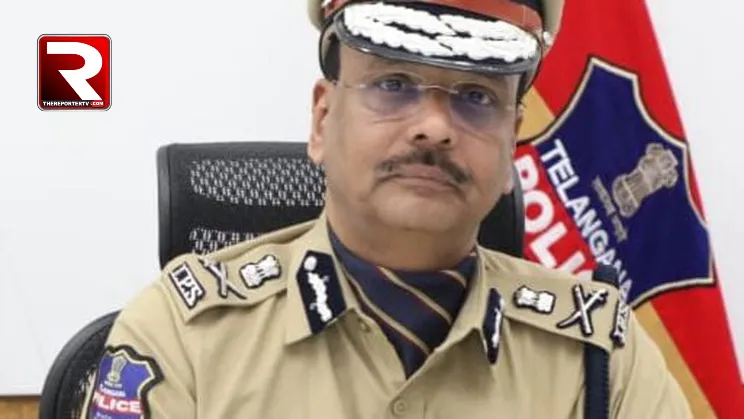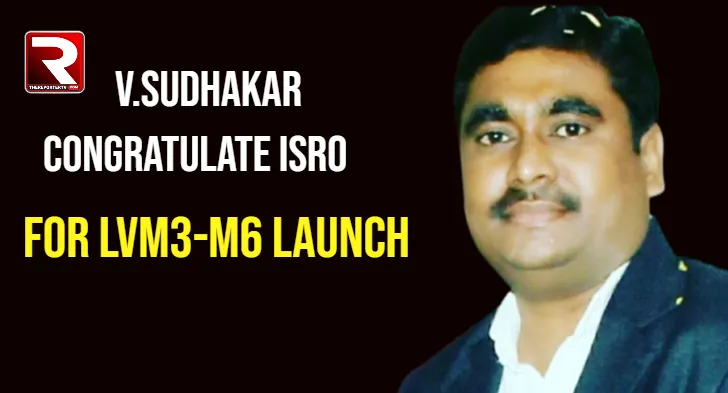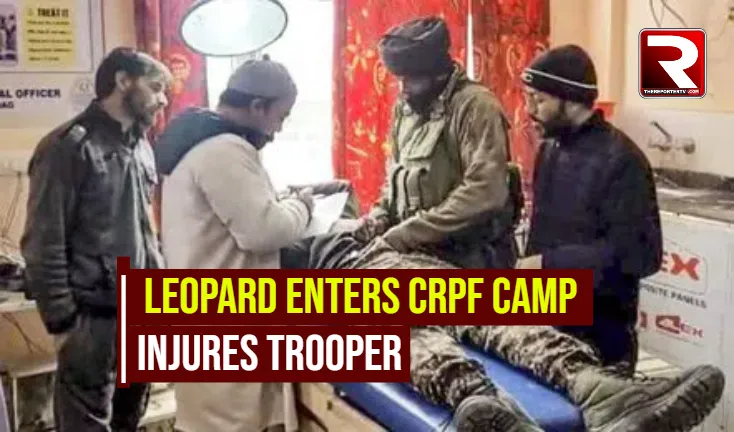New Delhi, July 24: The Supreme Court on Thursday stayed the Bombay High Court’s controversial judgment that acquitted all 12 convicts in the 2006 Mumbai train blasts case, but clarified that the accused will not be sent back to jail for now.
A bench of Justices M M Sundresh and N Kotiswar Singh heard the matter after the Maharashtra government, through Solicitor General Tushar Mehta, challenged the Bombay High Court’s ruling. Mehta stressed that while the state is appealing against the acquittals, it is not seeking to incarcerate the accused again.
“I am seeking a stay on the judgment, not to bring them back to jail… There are legal findings in the High Court ruling which could affect all ongoing MCOCA (Maharashtra Control of Organised Crime Act) trials,” Mehta submitted. He urged the court to make it clear that the High Court’s ruling should not be treated as a legal precedent.
Responding to the concerns, the apex court said, “We have been informed that all the respondents have been released. There is no question of sending them back to jail.” The bench, however, agreed to put a hold on the legal effect of the High Court judgment, stating that it should not influence other pending cases.
“There will be a stay on the impugned judgment,” the court ordered, while issuing notice to all 12 accused on the special leave petition filed by the Maharashtra government.
Background: A Case That Shook Mumbai
On July 11, 2006, seven powerful bombs exploded in the coaches of Mumbai’s suburban trains, killing over 180 people and injuring hundreds more. The terror attack targeted the Western Railway line, bringing the city to a standstill and triggering one of the largest terror investigations in India.
A special MCOCA court had earlier convicted 12 individuals — sentencing five to death and seven to life imprisonment. However, in a dramatic turn of events, the Bombay High Court on Monday overturned these convictions, stating that the prosecution had “utterly failed” to prove the charges.
High Court Judgment Under Scrutiny
The High Court bench of Justices Anil Kilor and Shyam Chandak, in their July 22 judgment, expressed serious doubts about the credibility of the confessions and witness testimonies used by the prosecution. The court said the evidence lacked conclusiveness, and in some instances, basic details — such as the nature of the bombs used — were not even presented.
“The prosecution has failed to even bring on record the type of bombs used in the alleged crime. Hence, the evidence of recovery is not sufficient to prove the offence against the accused,” the High Court stated in its ruling.
It also questioned the evidentiary value of confessional statements and alleged recoveries, calling them inadequate to secure a conviction.
Implications of the Supreme Court Stay
While the accused will remain free for now, the stay on the High Court’s ruling ensures that it cannot be cited as a precedent in future trials under MCOCA or similar terror cases. Legal experts note that this move by the apex court seeks to prevent any ripple effect on other ongoing terror-related cases.
The case is expected to be taken up again after the accused are served notices, and the Supreme Court considers the appeal on its merits.


